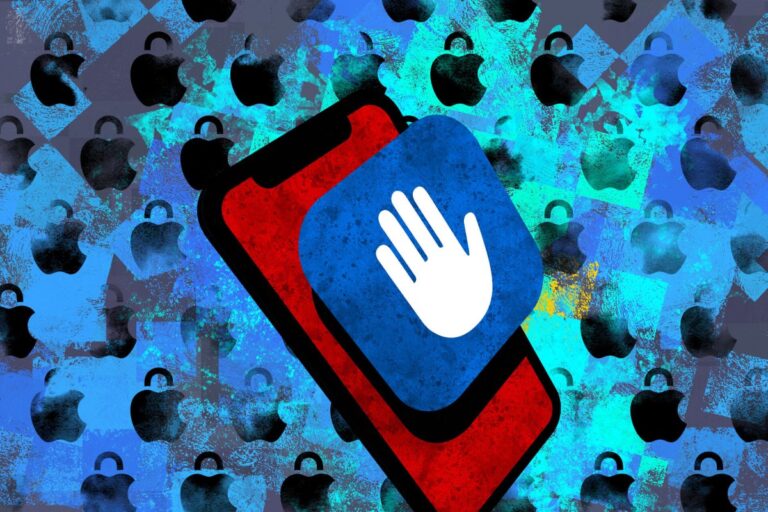Senator Blocks Trump’s CISA Director Nominee Over Telecom Security ‘Cover-Up’ Concerns
Democratic Senator Ron Wyden has recently placed a hold on the Trump administration’s nomination of Sean Plankey as the director of the Cybersecurity and Infrastructure Security Agency (CISA). This action stems from allegations of a “multi-year cover-up” regarding significant security flaws within U.S. telecommunication companies. In this article, we delve into the implications of this hold and the cybersecurity concerns that have prompted Senator Wyden’s strong stance.
Wyden’s Concerns Over Telecommunication Security
Senator Wyden’s decision to block Sean Plankey’s nomination is primarily linked to a 2022 unclassified report commissioned by CISA, which details security weaknesses across the U.S. telecom network. The senator has stated that he will not support Plankey’s nomination until this report is made public.
Details of the Unclassified Report
According to Wyden, his staff previously had access to the unclassified report, but attempts to release its findings to the public have been denied. He reached out to then-CISA Director Jen Easterly and President Joe Biden, advocating for its release before the transition of government.
- Technical Insights: The report contains crucial factual information about U.S. telecom security.
- Public Right to Know: Wyden emphasizes that the public deserves access to this vital information.
Consequences of Cybersecurity Negligence
Senator Wyden has expressed serious concerns regarding the implications of the reported security flaws. He stated, “CISA’s multi-year cover-up of the phone companies’ negligent cybersecurity has real consequences.” This statement refers to the alarming hacking incidents linked to Chinese spies, known as Salt Typhoon, which were revealed last year.
Impact of the Salt Typhoon Hacks
The Salt Typhoon hacks enabled unauthorized access to calls and text messages of senior U.S. officials. Wyden attributes these breaches to:
- The failure of U.S. phone carriers to adhere to cybersecurity best practices.
- The lack of accountability from federal agencies towards these companies.
Legislative Actions and Future Requirements
In light of the hacking incidents, Wyden has introduced legislation aimed at enforcing specific cybersecurity standards for phone companies. He insists on the need for:
- Implementation of minimum cybersecurity requirements.
- Annual testing of cybersecurity protocols.
Wyden highlighted the pressing issue that the federal government currently imposes no minimum cybersecurity standards on U.S. phone companies, which could lead to further vulnerabilities.
For more information on cybersecurity practices and policies, visit CISA’s official website or check out TechCrunch for the latest updates on technology and cybersecurity news.







